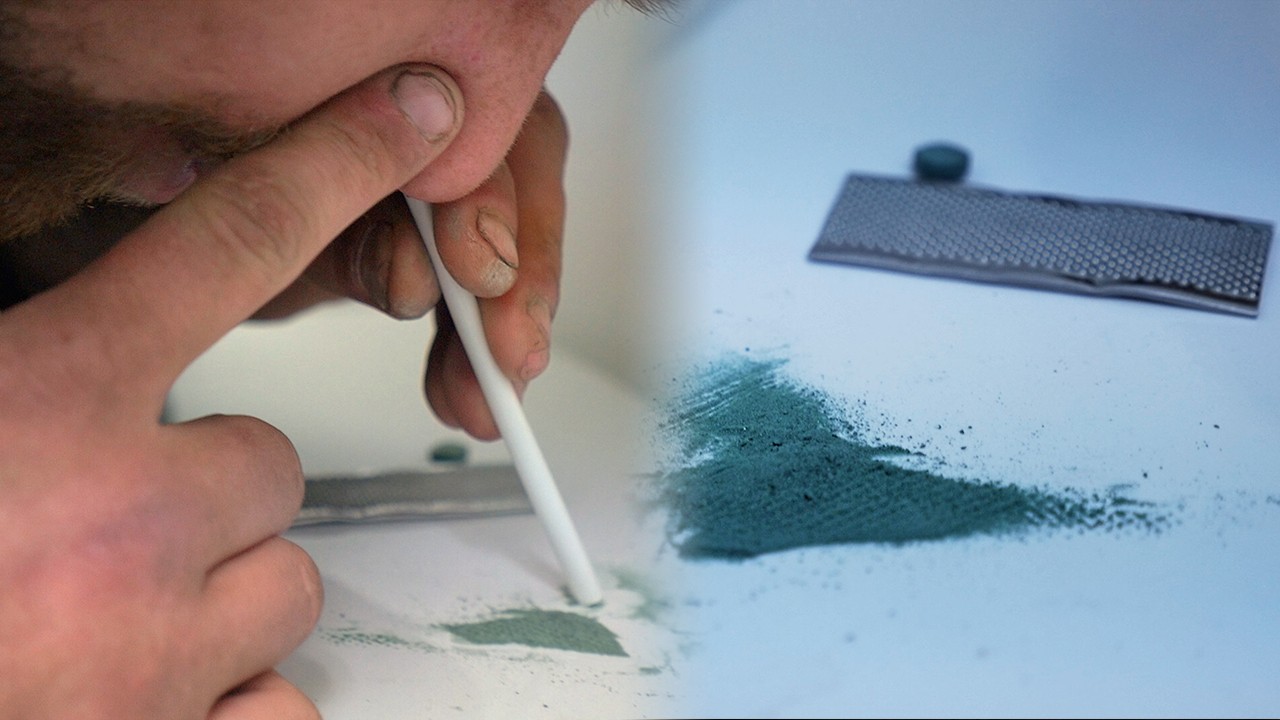The opioid crisis has claimed thousands of lives since its onset in Canada several years ago, and recently a Vancouver MP brought up a conversation about the necessity for our country to consider legalizing drugs in order to address growing public health concerns around overdose deaths."I think we are at the point, as a country, where we can start opening a dialogue about finding a better method of distributing drugs, legally, to those who are addicted to them so that we can avoid the unnecessary death, destruction, and crime that is so clearly associated with the current model [prohibition]," Don Davies, the NDP MP for Vancouver Kingsway, told the Georgia Straight.
Advertisement
Trudeau has promised Canadians legalization of weed, which won't happen until 2018 most likely. If that is successful (and likely it will be considered successful once the dollars start rolling into the government's coffers), there could be calls for further legalization of drugs as public attitudes soften.But what would happen if Canada legalized drugs other than marijuana? We have seen full decriminalization, all the way from weed to heroin, in Portugal—but legalization is another concept entirely. Bill Bogart, who wrote the book Off The Street, which called for national discussion in Canada of this very topic, said that simply decriminalizing drugs only treats one side of the equation—it does not address drug supply issues."There's no quality assurance of what is being sold [with just decriminalization], so in an illicit market, people can be sold tainted substances that can make them sick or even kill them," Bogart told VICE. "If we legalize and regulate, people would know what's in them, how potent they are, etc." That reasoning is why legalization would need to be considered over simply decriminalization if Canada would want to use it as a way to remedy the destruction bootleg fentanyl has caused. By legalizing and regulating, the government could better ensure that substances people are consuming are not tainted, leading to a decrease in overdoses and deaths. When it comes to legalization in Canada, however, a single country ending prohibition would have little effect on the global illicit drug market, including inhumane conditions in which drugs such as cocaine are produced. As Bogart said, an international effort toward ending prohibition would be necessary if we hope to address those kinds of problems.
When it comes to legalization in Canada, however, a single country ending prohibition would have little effect on the global illicit drug market, including inhumane conditions in which drugs such as cocaine are produced. As Bogart said, an international effort toward ending prohibition would be necessary if we hope to address those kinds of problems.

Advertisement
"One of the central goals in legalization and regulation is to get rid of the misery that prohibition has caused… It's generated an illicit market run by the lawless; if we legalize and regulate, we'll confront that kind of market."But what could happen in Canada to criminal organizations in control of the drug trade here if we ended prohibition?"Just because we legalize and regulate, it doesn't mean the illicit market will disappear the next day," Bogart told VICE. "It will be driven out, and the object is to completely destroy it, but it will take time. Whatever portion of the market remains illicit, by definition, it's not being taxed."READ MORE: What Would Happen in the Minutes and Hours After the US Invaded Canada?That taxation is a major benefit to legalizing drugs, Bogart said, and soon we will get to witness firsthand a case study in what that looks like once we see the prohibition of marijuana in Canada officially end. The weed industry alone in Canada could have a value in the billions of dollars—if we considered legalizing other currently illicit drugs, the kind of revenue that would create could equal out to be a ridiculously huge amount of money."It's hard to quantify; because it is an illicit market, we don't have any good figures… It's certainly [at least] a billion-dollar industry."We could see other drugs—like magic mushrooms and cocaine—sold in dispensaries like weed is pending their legalization. But, Bogart said, we are more likely to see legalization in waves, meaning single substances made legal in phases over time. Though he is for legalization, Bogart said he doesn't think it will or should be done all at once.
Advertisement
An additional benefit to taxing drugs in addition to marijuana, Bogart said, is that it is a form of harm reduction. The cost associated could impact our consumption."We'll take the money we've spent on the criminal justice system and on the enforcement system, and use it to build a system of regulation, one aspect of which is harm reduction… The message would be become, 'Well, we're not going to put you in jail for this, but that doesn't mean drugs are harmless." Ending prohibition, Bogart said, would have a significant impact on decreasing our prison population in Canada. And additionally, harm reduction, ideally, would become embedded in our education system in order to educate children from a young age about the effects of different kinds of drug use.However, the stigma and stereotypes rooted in the War on Drugs mentality will take time to shift. "Attitudes and norms can change; we mustn't despair of them never changing." Bogart said. "Marijuana will get to the same place as alcohol… We could develop corresponding attitudes toward other drugs, [such as accepting] cocaine use in a way where there's no sign of dependence and you use it occasionally."Bogart believes the opioid crisis has reignited the important conversation around ending prohibition of substances other than marijuana in Canada, but that "there's so many factors at play here. If Donald Trump and Jeff Sessions decide they are going to be drug warriors, this whole evolution is going to be enormously impeded."Follow Allison Tierney on Twitter ."Attitudes and norms can change; we mustn't despair of them never changing"
